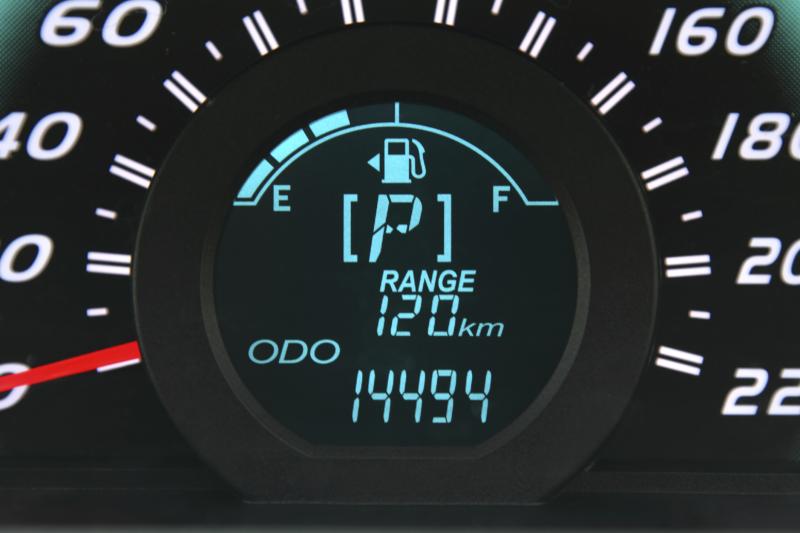
Consumers are trying to find new ways to squeeze every bit of fuel economy they can out of their gas tanks. With this spotlight on gas, some have claimed that adding a small amount of acetone, or nail-polish remover, to your gasoline can help increase gas mileage. However, many have challenged this theory and no conclusive evidence has been found that acetone generally increases gas mileage.
Acetone is an inexpensive chemical that can be purchased in hardware, auto parts or drug stores. In a widely read article, Louis LaPointe, a car enthusiast, claims that if a small amount of this chemical is added to your gasoline, it can aid in the vaporization of gas, increasing fuel efficiency, add to your engine's performance and longevity and reduce the amount of harmful hydrocarbon emissions produced by your car. It does this by breaking the surface tension of the gasoline in the tank and allow for complete vaporization of the gas. LaPointe purports that this method will give you a 15 to 35 percent boost in fuel efficiency and teases that perhaps you could get more. The recommended ratio to use is around 1 to 3 ounces per 10 gallons of gas.
Some users have experimented with their own cars and acetone and have reported that they have obtained the same results as LaPointe. However, not everyone subscribes to this point of view. The popular Discovery channel show "Mythbusters" tested the acetone theory on Episode No. 58: "Exploding Pants." While the show did not test the full range of acetone and gas mixtures, it tested at a 500:1 gas to acetone ratio. This evens out to about 2.56 fluid ounces of acetone per 10 gallons of gasoline, which is within the range recommended by LaPointe. The show found that there was no improvement in fuel economy when using acetone and actually found that gas mileage may decrease from using the chemical. Dr. Greg Davis and engineering students at Michigan's Kettering University found that the addition of acetone to gasoline did not increase gas mileage after several weeks of testing. However, Kettering University was also formerly known as the General Motors Institute and some conspiracy theorists have cried foul with this report.
Nevertheless, Tom Magliozzi from "Car Talk" on National Public Radio also notes that acetone is nail polish remover for a reason and can eat away at both rubber hoses and car paint. If any is spilled on your car when you are adding it to your tank, it will eat away all the paint it touches, leaving an ugly, unpainted streak or blotch.